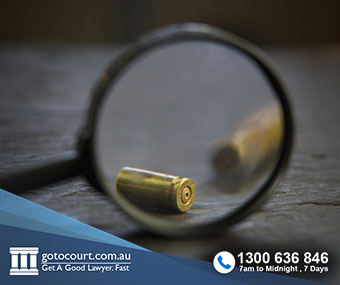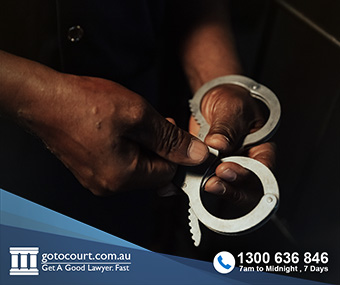Criminal Court Costs in New South Wales Proceedings
In New South Wales, costs can be awarded in criminal matters pursuant to the Criminal Procedure Act 1986, Criminal Casts Act 1967, and the Crimes Act 1900. This article deals with costs orders in criminal matters in NSW.
When can costs be awarded?
In New South Wales there are two ways that costs can be awarded in criminal matters where the accused has been acquitted, discharged, or where the matter has been dismissed. This is either by the magistrate, or judge, making an order of costs against the prosecution, or by issuing a certificate of costs which is payable by the Department of Justice from the Consolidated Fund
An application for a costs order or the signing of a certificate of costs must be made at the time the accused is discharged by the court, as the court will be unable to hear the application after the matter’s conclusion. If the court has decided to make a costs order, it is useful for the parties to discuss the amount of money that is being sought, and for an agreement to be reached if possible. If an agreement cannot be reached, then a hearing on quantum may be required. This may require a further court appearance, and a timetable to be set of the filing of affidavits and evidence.
Costs in criminal proceedings
A party in a criminal proceeding can apply to the court for costs to be awarded if the defendant is discharged, the matter is withdrawn, or they are successful at trial in being found not guilty. To be successful, you must show the court that costs should be awarded, and specify the grounds on which the application is to be made. You will need to show that the investigation into the alleged offence was conducted in an improper way by the prosecution, that the prosecution failed to investigate any relevant matter of which suggested that you may have been not guilty, that the proceedings were initiated in bad faith, or that other exceptional circumstances relating to the conduct of the proceedings by the prosecutor justify awarding costs. Your conduct in the proceedings will also be taken into consideration during the investigation of the alleged crime. This may relate to if you had the opportunity to explain to the arresting officer your version of events prior to any charges being laid, but declined to participate in a police interview.
Costs in apprehended violence orders
Costs can also be awarded to a complainant or a defendant in private personal or domestic violence order proceedings under Section 99 of the Crimes (Domestic and Personal Violence) Act 2007, if they are just and reasonable. Costs will be awarded to the Defendant against the complainant if they can show that the complaint was made frivolously or vexatiously. Costs are not normally made in police-initiated proceedings unless the court can be satisfied that the officer knew the complaint was false or misleading.
Granting of certificate of costs
If you have not made an order for costs at the time of your acquittal or discharge, then you can apply to the Department of Justice for the grant of a certificate for costs. The costs awarded will be based on the approved crown rate, and may not cover all your legal fees depending on what your lawyer has charged as their hourly rate. The court may sign a certificate under Section 2 of the Costs in Criminal Cases Act 1967 if you have been acquitted or discharged at any time during a trial; or if you successfully appeal against a conviction. The court may issue a certificate instead of making a costs order against the prosecution. If you receive a signed certificate of costs from the court, you then need to attach your lawyer’s memorandum of fees, invoices, and evidence of disbursements claimed and submit the application to the Secretary of the Department of Justice. The amount of your claim will then be reviewed, and in accordance with the crown rate costs will be paid from the department’s Consolidated Funds.
If you require legal advice or representation in any legal matter, please contact Go To Court Lawyers.







